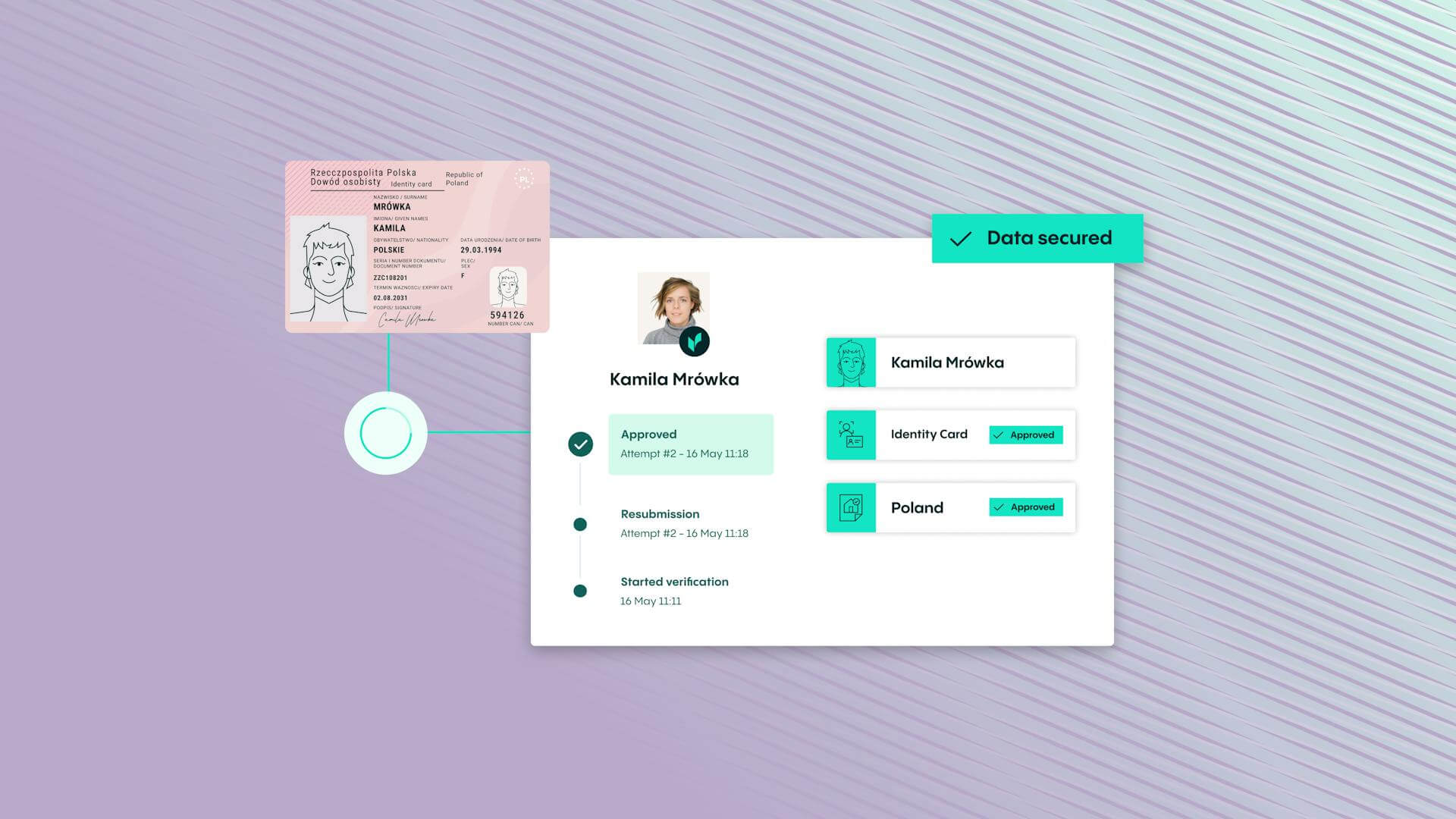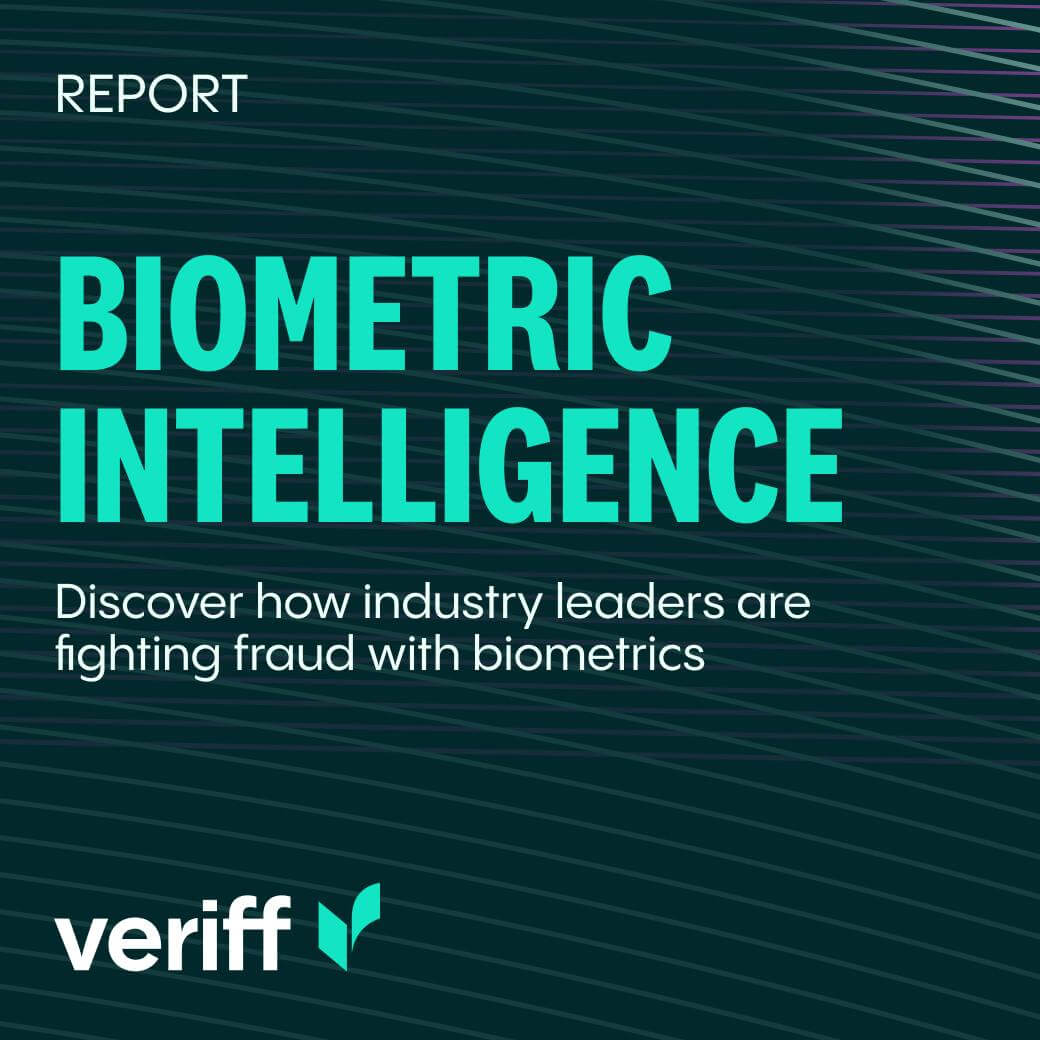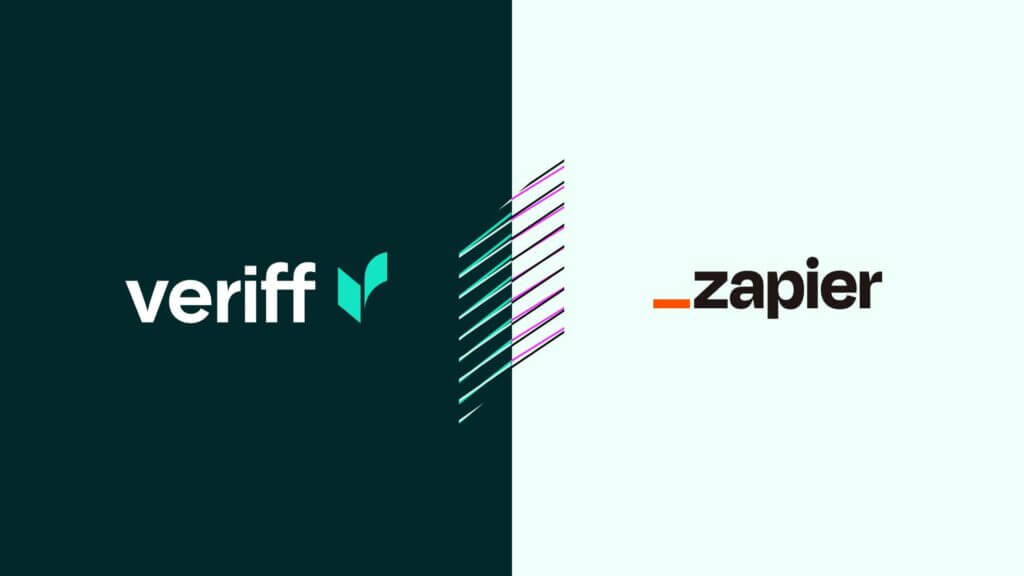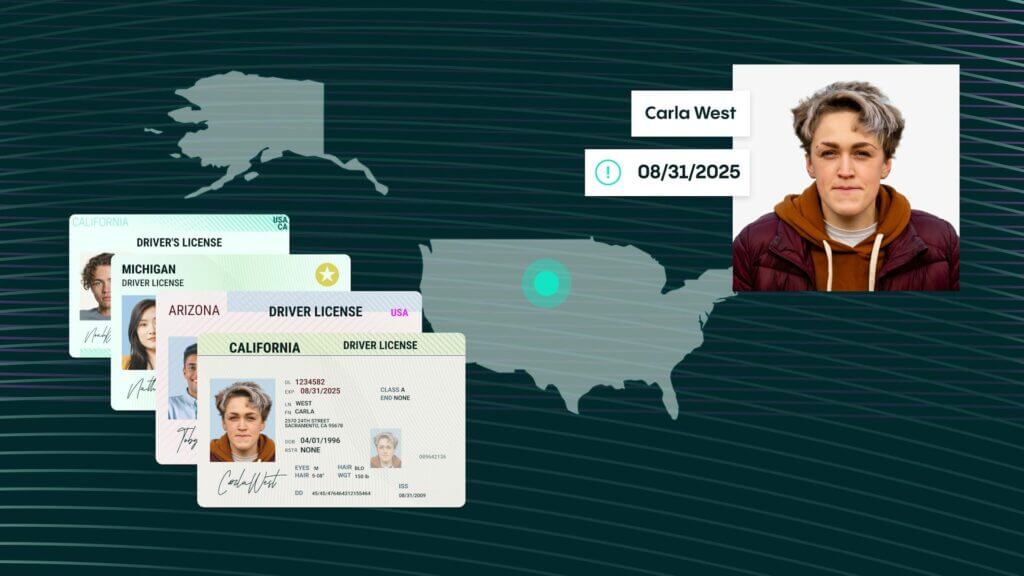Entrada de blog
Privacidad de datos en 2023: ¿Está su organización lista para una gran regulación?
2023 será el año en que entren en vigor varias nuevas regulaciones, pero también podemos esperar la adopción de aún más regulaciones. Considerando el papel principal de la Unión Europea en el desarrollo de regulaciones modernas sobre datos y privacidad y la llegada de varios estados de EE. UU. al mapa de regulaciones de privacidad, aquí están algunas de las cosas a las que prestaremos atención en 2023.

Desde la adopción del Reglamento General de Protección de Datos (GDPR) hemos visto crecer el número de nuevas leyes de privacidad y 2022 no fue diferente
Países como Australia y Argentina empezaron a revisar sus regulaciones de privacidad existentes mientras que varios estados de EE. UU. celebraron la adopción de su primera regulación de privacidad. A la luz de la estrategia de datos más amplia de la Unión Europea, también se adoptaron nuevas regulaciones en Europa y varias todavía están en proceso
2023 será el año en que entren en vigor varias nuevas regulaciones, pero también podemos esperar la adopción de aún más regulaciones. Considerando el papel principal de la Unión Europea en el desarrollo de regulaciones modernas sobre datos y privacidad y la llegada de varios estados de EE. UU. al mapa de regulaciones de privacidad, aquí están algunas de las cosas a las que prestaremos atención en 2023.
Legislación en constante crecimiento
Los Estados Unidos han estado alcanzando a Europa, y varias leyes de privacidad estatales entrarán en vigor en 2023. Aunque las nuevas leyes reflejan la dirección general del GDPR, hay diferencias en el alcance de las definiciones principales, los derechos de privacidad y las excepciones que deben ser atendidas
En algunos aspectos, las leyes estatales de EE. UU. son más amigables para los negocios que el GDPR, pero pequeñas variaciones entre diferentes estados hacen que cumplir con todas ellas sea mucho más desafiante. Como se dice, el diablo está en los detalles. Por esta razón, esperamos que haya desarrollos respecto a la Ley de Protección de la Privacidad de Datos de EE. UU. La propuesta comienza 2023 bajo revisión en el Congreso, pero parece que aún hay esperanza de que se apruebe una ley federal el próximo año
La Unión Europea tampoco se ha quedado quieta, tratando de mantener su entorno regulatorio actualizado con los desarrollos tecnológicos. La Ley de Mercados Digitales se aplicará en 2023 y la Ley de Servicios Digitales seguirá en 2024
Las nuevas leyes buscan permitir más competencia en el negocio centrado en datos al abrir monopolios de datos dentro de las grandes empresas tecnológicas y crear más transparencia. Los textos de la Ley de IA y la Ley de Datos se están negociando actualmente
La redacción final de las leyes puede cambiar, pero como su nombre indica, la Ley de IA comenzará a regular los sistemas de inteligencia artificial (IA), creando nuevas obligaciones de documentación y gestión de riesgos principalmente dirigidas a empresas que utilizan IA de alto riesgo y prohibiendo el uso de IA para ciertos propósitos
La Ley de Datos introducirá regulaciones para hacer que el intercambio y la portabilidad de datos sean más efectivos
Tampoco hemos olvidado la regulación de ePrivacidad. Su progreso ha sido lento y es difícil predecir si el texto final será finalmente acordado
Desde la perspectiva de los estados miembros, 2023 es un año en que los estados miembros deben implementar la Directiva de Protección de Denunciantes para empresas medianas. Si bien las leyes ya deberían estar en vigor para empresas privadas con más de 250 empleados y el sector público, los países no han sido excelentes en este sentido. Varios estados miembros, liderados por Francia e Irlanda, adoptaron sus leyes de implementación en 2022, pero algunos todavía están trabajando en el proyecto de ley
Los temas de privacidad y protección de datos no son solo populares en la UE y los EE. UU. Se espera que se adopte una nueva ley de protección de datos en India y también estamos monitoreando desarrollos en otras regiones para garantizar que el servicio de Veriff esté en cumplimiento con todos los requisitos del mercado
La próxima práctica judicial podría potencialmente agitar las cosas
Mientras que la cantidad de legislación sobre protección de datos parece crecer, las leyes ya adoptadas no pueden considerarse finales y olvidadas. Hay muchos casos relacionados con la privacidad que actualmente se encuentran en el Tribunal de Justicia de la Unión Europea (TJUE) que podrían cambiar la comprensión del GDPR.
En primer lugar, en el caso No. C-300/21, el TJUE decidirá los límites de las reclamaciones de daños civiles por infracciones de protección de datos. En los últimos años, hemos visto un aumento en la aplicación privada de las reglas de protección de datos. Se espera que esto crezca en 2023 cuando todos los estados miembros tengan que adoptar un procedimiento para permitir acciones colectivas en el campo de la protección de datos. El abogado general ha expresado una opinión de que el GDPR no permite daños punitivos y el mero hecho de una violación no justifica daños. Si el tribunal sigue la opinión del abogado general, esto probablemente desanimará la aplicación privada del GDPR en el futuro al limitar los casos en los que se pueden reclamar daños.
El segundo caso que estaremos siguiendo es el No. C-621/22, que fue recientemente presentado por un tribunal neerlandés. El GDPR permite el procesamiento de datos cuando hay una base legal para el procesamiento. Uno de los fundamentos legales más flexibles en el GDPR es el interés legítimo. La autoridad de supervisión neerlandesa opina que el mero interés comercial no puede ser un interés legítimo. Tal interpretación estricta obligaría a varias empresas a repensar la legitimidad de su procesamiento de datos. Se espera que los Países Bajos estén en la minoría con su enfoque estricto, pero donde el TJUE establece el equilibrio entre el interés comercial y el interés legítimo tendría consecuencias comerciales para las empresas.
Regresando al plan de la UE para permitir más competencia en lo que respecta a los datos personales, en el caso No. C-252/21, el TJUE decidirá sobre los límites del control de supervisión. Notablemente, la Oficina Federal de Cárteles en Alemania intervino en cómo Meta Platforms puede procesar datos personales y prohibió ciertas actividades de procesamiento. Meta apeló la decisión. La opinión del fiscal general ha sido liberal, permitiendo que las autoridades de competencia aborden cuestiones incidentales de protección de datos en ciertos casos. El tribunal no necesita seguir la misma opinión, pero sí tiene que decidir dónde están los límites de competencia entre diferentes autoridades de supervisión y, con suerte, el fallo final dará una explicación fácilmente comprensible para mantener el alcance de los procedimientos de supervisión predecible para las empresas.
Listo para 2023
Veriff tiene como objetivo hacer de Internet un lugar más seguro. La misión de Veriff no se logra una vez que se verifica la identidad de alguien; debemos asegurar que los datos de nuestros usuarios permanezcan seguros más allá de la verificación. Una parte importante de la seguridad en Internet es mantener los datos seguros y que el procesamiento de datos sea transparente
Para enfrentar los desafíos de las diferentes regulaciones de privacidad, Veriff está decidida a ofrecer a todos los interesados un alto nivel de protección sin importar su ubicación. Esto simplifica los procesos laborales y brinda una protección equitativa a los interesados. Además, monitoreamos constantemente los cambios en el panorama legal y tecnológico, no solo cuando se adopta una nueva ley, sino también cómo el significado cambia con el tiempo, ya sea por la interpretación de un tribunal o debido a desarrollos tecnológicos, para proporcionar el mejor servicio posible y seguridad en línea a las personas.















